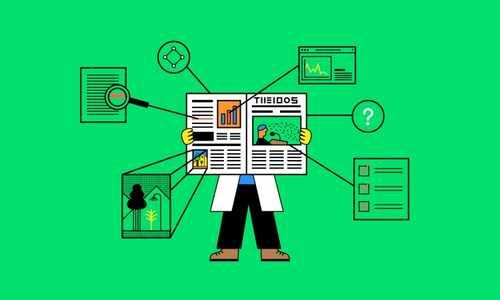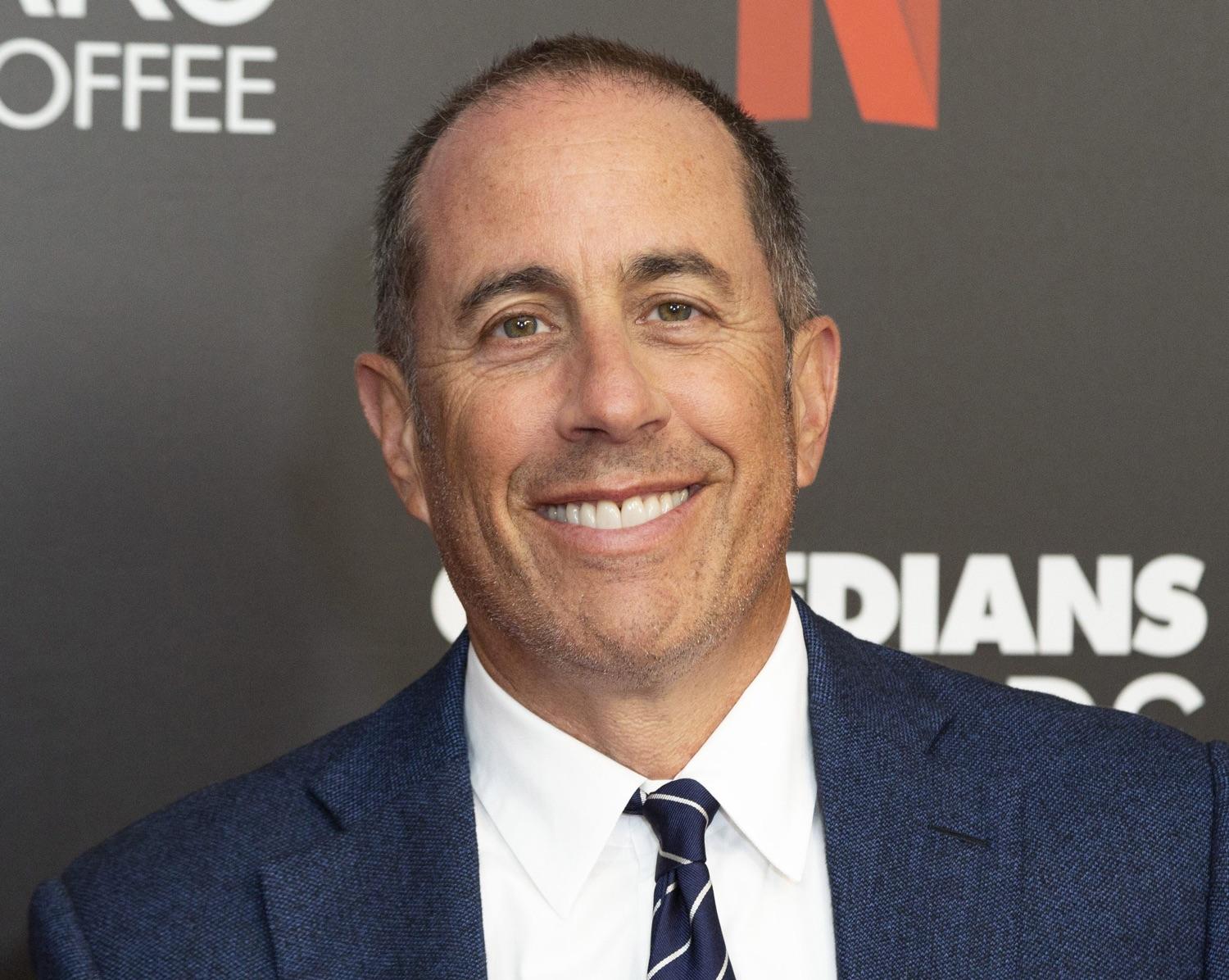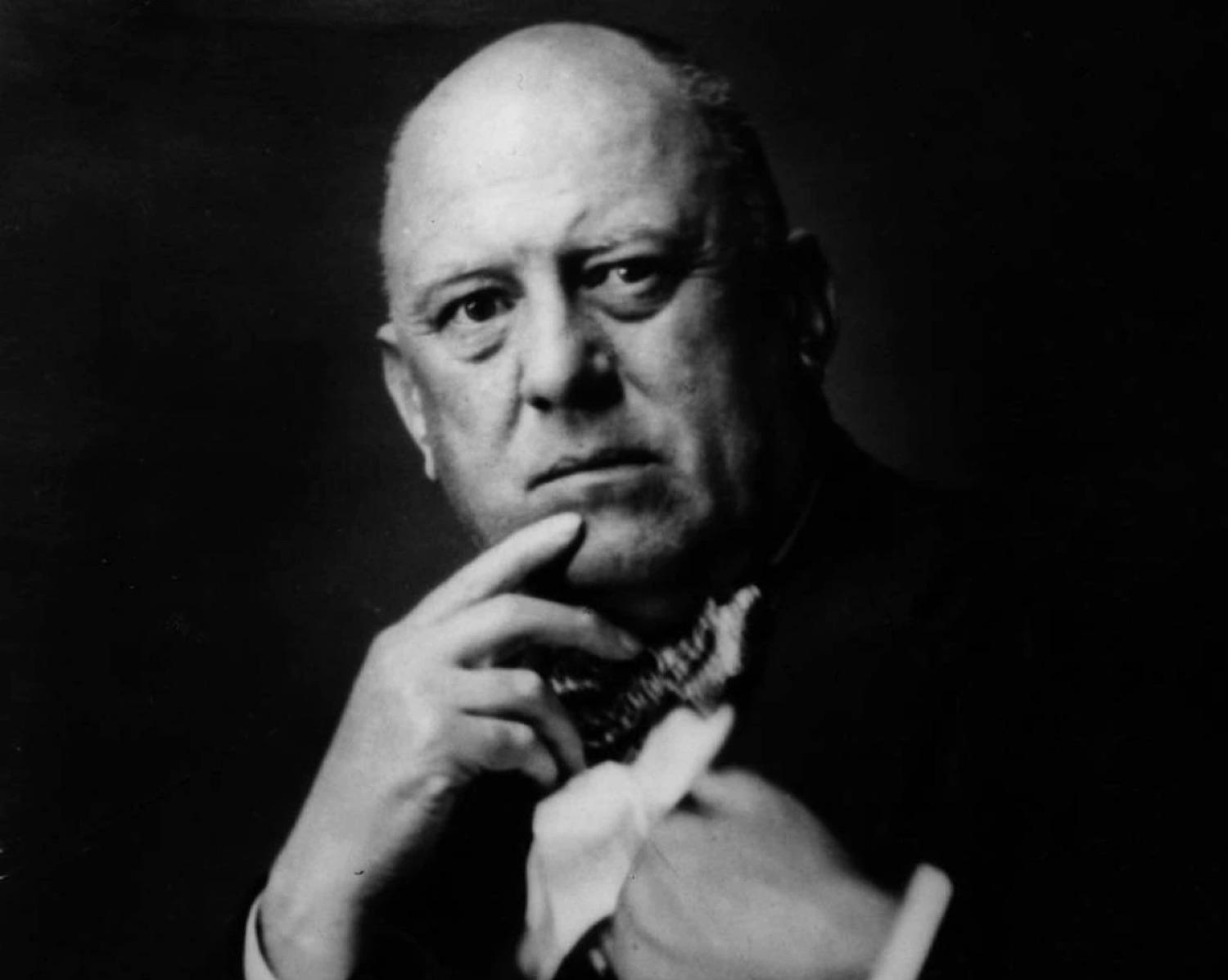How to read the news like a scientist
Curated from: ideas.ted.com
Ideas, facts & insights covering these topics:
12 ideas
·1.82K reads
5
Explore the World's Best Ideas
Join today and uncover 100+ curated journeys from 50+ topics. Unlock access to our mobile app with extensive features.
Gorging On News Feeds
In our daily reading, we encounter all kinds of claims. Depending on the news story and the week, Chinese imports, coffee, large-cap stocks, snacking, and eggs should be embraced — or they should be avoided altogether. What’s a person to do when bombarded with confusing, contradictory information?
48
369 reads
Amateur Reporters Disinform; Professionals Often Just Race
Try thinking like a scientist, says Emma Frans, who’s an epidemiology and psychiatry researcher at Oxford University in the UK and Karolinska Institutet in Sweden.
“In present times, our risk of being fooled is especially high,” she says. There are two main factors at play: “Disinformation spreads like wildfire in social media,” she adds, “and when it comes to news reporting, sometimes it is more important for journalists to be fast than accurate.”
48
223 reads
Scientists Choose An Ongoing Labour
Which is why it’s useful to know how to evaluate news the way a scientist does. Scientists labor under a burden of proof. They must conduct experiments and collect data under controlled conditions to arrive at their conclusions — and be ready to defend their findings with facts, not emotions.
“We all have gut feelings and biases that sometimes cloud our judgment,” says Frans. But scientific thinking offers us tools for “evaluating information in a rational way.”
51
185 reads
Tool 1: Cultivate Your Scepticism
Science moves forward by challenging accepted wisdom. You can do the same. When you learn a new piece of information through social media, think to yourself: “This may be true, but it also may be false,” Frans says. “This kind of healthy skepticism does not mean you’re dismissing everything as false — it simply means remembering the things you hear could be false, but they could also be true… or they could be something in between.”
49
164 reads
Tool 2: Find Out Who Is Making The Claim
“In science, researchers have to declare potential conflicts of interest before publishing their findings,” says Frans. When you encounter a new claim, look for conflicts of interest. Ask: Do they stand to profit from what they say? Are they affiliated with an organization that could be swaying them? Two other questions to consider: What makes the writer or speaker qualified to comment on the topic? What statements have they made in the past?
49
126 reads
Tool 3: Watch Out For The Halo Effect
The halo effect, says Frans, “is a cognitive bias that makes our feelings towards someone affect how we judge their claims. If we dislike someone, we are a lot more likely to disagree with them; if we like them, we are biased to agree.”
It’s such a common human trait that the scientific community has devised a workaround: New scientific papers under review are read “blind,” with the authors’ names removed. That way, the experts who are deciding whether it’s worthy of publication don’t know which of their fellow scientists wrote it so they’ll be able to react free from pre-judgement or bias.
55
118 reads
Tool 4: Look At The Evidence
When evaluating a claim, Frans asks, “Can the sources be traced? Are they reliable? Is the conclusion based on a rational evaluation of the information?” And you should try to consider all of the research on a topic. She says, “For instance, if there is one study claiming that drinking wine is just as good for your health as going to the gym, this finding is not relevant if ninety-nine studies show the opposite.” Before you act on or share a particularly surprising or enraging story, do a quick Google search — you might learn something even more interesting.
50
97 reads
Tool 5: Beware Of The Tendency To Cherry-pick Information
Another human bias — confirmation bias — means we’re more likely to notice stories or facts that fit what we already believe (or want to believe). As Frans says, “When you search for information, you should not disregard the information that goes against whatever opinion you might have in advance.” Some scientists combat this by seeking out collaborators who, as management thinker Margaret Heffernan puts it, “aren’t echo chambers.”
51
92 reads
Actively Seek “Echo Suppressors” And “Noise Cancellers
The people who aren’t “echo chambers” are people who will actively try to prove you wrong and can help you check your ideas and assumptions. In your own life, look for friends and acquaintances on social media with alternative viewpoints. You don’t have to agree with them, or tolerate misinformation from them — but it’s healthy and balanced to have some variety in your information diet.
50
91 reads
Tool: Recognize The Difference Between Correlation And Causation
Frans researches ADHD and autism, and, she notes, in recent decades, “the number of individuals diagnosed with these disorders have increased rapidly.” Many possible causes have been raised, including vaccinations, video games and junk food. However, she says, “there is no evidence supporting these claims, and it’s important to remember that just because two things increase simultaneously, this does not mean that they are causally linked to each other. Correlation does not equal causality.”
50
88 reads
It's amazing that the amount of news that happens in the world every day always just exactly fits the newspaper.
JERRY SEINFELD
48
136 reads
To read a newspaper is to refrain from reading something worth while. The first discipline of education must therefore be to refuse resolutely to feed the mind with canned chatter.
ALEISTER CROWLEY
49
133 reads
IDEAS CURATED BY
CURATOR'S NOTE
Overwhelmed by your news feed? Use tools from science to evaluate what’s true and what’s fake, suggests researcher Emma Frans.
“
Xarikleia 's ideas are part of this journey:
Learn more about problemsolving with this collection
Cultivating a growth mindset and embracing challenges
Developing adaptive thinking and problem-solving skills
Effective learning frameworks and approaches
Related collections
Similar ideas
5 ideas
How to read the news like a scientist
ideas.ted.com
4 ideas
Reasons It's So Hard To Think Like A Scientist
digest.bps.org.uk
3 ideas
Why we believe fake news
bbc.com
Read & Learn
20x Faster
without
deepstash
with
deepstash
with
deepstash
Personalized microlearning
—
100+ Learning Journeys
—
Access to 200,000+ ideas
—
Access to the mobile app
—
Unlimited idea saving
—
—
Unlimited history
—
—
Unlimited listening to ideas
—
—
Downloading & offline access
—
—
Supercharge your mind with one idea per day
Enter your email and spend 1 minute every day to learn something new.
I agree to receive email updates


